|
Pride Month is currently celebrated each year in the month of June to honor the 1969 Stonewall Uprising in Manhattan. The Stonewall Uprising was a tipping point for the Gay Liberation Movement in the United States.
Part of Social-Emotional Learning is being able to understand and respect other perspectives, feelings, and the people around us. People in the LGBTQ+ community face discrimination constantly, and it's important to acknowledge the effects of that including, but not limited to, LGBTQ+ suicide rates. Below are more resources to end LGBTQ discrimination & celebrate Pride Month: About LGBTQ Pride Month The Need for LGBTQ Social-Emotional Learning Programs How to Support LGBTQ Students How to Talk to Your Child About Identity: A Resource for Parents Thoughtful Ways to Celebrate Pride Month
0 Comments
May is National Mental Health Awareness Month! As an organization dedicated to the tenants of Social-Emotional Learning that also means we're dedicated to mental health awareness and well-being.
SEL and mental health are not the same, however, SEL does promote positive mental health. One of our hopes for our communities is that they can develop these social-emotional skills thereby leading to healthy decisions, an increase in self-confidence, and generally being able to have the tools to support themselves and others. Addressing the mental health needs and systems that exist in our society is vital to creating peace and prosperity. First, we need to be able to spread awareness about this importance and break the stigma associating with discussing mental health. Mental health affects everyone across all backgrounds. Connecting SEL with Mental Health Birmingham Coalition for Student Mental Health Clinical psychologist on talking to kids during Mental Health Awareness Month May is Mental Health Awareness Month and we got advice from the pros - BhamNow Crisis Center Birmingham In this month's topic for the Life Skills Education Program, we are focusing on Cultural Differences. When we are able to firstly think about what makes us different from those around us, we can start to think about what makes others different throughout the world and why they're different.
Why are we focusing on cultural differences in our Social-Emotional Learning program? There are many benefits and connections to SEL and learning about cultural differences. The biggest connections and benefits are the SEL components of Self Awareness and Social Awareness. If we can identify our own identities and culture, then we can then learn about other identities and cultures. If we know that our own identities and culture deserves respect, then we can make the connection that different identities and cultures also deserve respect. Developing our own self-awareness leads to developing our social awareness of the people not just in our own community, but also throughout the entire world. When we develop the skills to respect and be mindful of other cultural differences then that will lead to us being able to work with different kinds of people (professionally and personally). What are cultural differences? When we talk about culture, we think of it in terms of where we were born, our family traditions, the way we act, talk, dress, the language we speak, the food we eat, and many other things. Those cultures are all dependent upon where and when we grow up. Here are a few examples of cultural differences:
Below are resources for you to help you and your children/students learn more: Women's History Month commemorates and encourages the study, observance and celebration of the vital role of women in American history. The history of American women's achievements have often gone uncelebrated due to marginalization and exclusion of women. As recently as the 1970s, women’s history was virtually an unknown topic in the K-12 curriculum or in general public consciousness. To address this situation, the Education Task Force of the Sonoma County (California) Commission on the Status of Women initiated a “Women’s History Week” celebration for 1978. (Why March is National Women's History Month)
The push for women's rights and equality is also called feminism. Feminism is defined as a range of socio-political movements and ideologies that aim to define and establish the political, economic, personal, and social equality of the sexes. It's important to point out that true feminism cannot exist without thinking about intersectionality (the interconnected nature of social categorizations such as race, class, and gender as they apply to a given individual or group, regarded as creating overlapping and interdependent systems of discrimination or disadvantage). Feminism in the 20th century largely forgot and intentionally excluded Black women and women-identifying members of the LGBTQIA+ community. To truly achieve equality for women, all women must be included in the narrative and should have a voice. Below are resources about Women's History Month & the intersectionality in feminism:
When it's time to have difficult conversations with other people, it can be difficult to know when and how to have them. The need to have difficult conversations can lead to avoiding the conversation altogether. Avoidance tends to lead to misunderstandings, passive aggressive communication, pent-up emotions, and many other negative results. When we learn how to be assertive and communicate healthily, we can tackle these tough conversations with empathy and honesty.
Difficult conversation examples include:
We may even give excuses for not wanting to have difficult conversations sometimes, like, lack of time or not the right time, fear of a negative reaction, fear of being disliked, or it's "easier" not to. Below are some resources to help you or your students handle difficult conversations:
Self-Compassion is the ability to extend kindness and compassion to oneself. Just as we show compassion to others who experience rough times and give them the space and time to grieve, make mistakes, or feel their feelings, we should be doing the same for ourselves. Sometimes we are most critical and hard on ourselves than we are on others.
According to Dr. Kristin Neff, there are three elements of self-compassion: 1. Self-Kindness vs. Self-Judgment "Self-compassionate people recognize that being imperfect, failing, and experiencing life difficulties is inevitable, so they tend to be gentle with themselves when confronted with painful experiences rather than getting angry when life falls short of set ideals." 2. Common humanity vs. Isolation "The very definition of being “human” means that one is mortal, vulnerable and imperfect. Therefore, self-compassion involves recognizing that suffering and personal inadequacy is part of the shared human experience – something that we all go through rather than being something that happens to “me” alone." 3. Mindfulness vs. Over-identification "Mindfulness is a non-judgmental, receptive mind state in which one observes thoughts and feelings as they are, without trying to suppress or deny them. We cannot ignore our pain and feel compassion for it at the same time. At the same time, mindfulness requires that we not be “over-identified” with thoughts and feelings, so that we are caught up and swept away by negative reactivity." Below are resources about Self-Compassion: Self-Compassion Flocabulary Lesson Self-Compassion: Be Kind to Yourself Lesson Social and Emotional Curriculum: Compassion in Action 6 Science-Based Self-Compassion Exercises The 5 Myths of Self-Compassion The Transformative Effects of Mindful Self-Compassion The theme for 2022 focuses on the importance of Black Health and Wellness. The Association for the Study of African American Life and History said this about the theme, "This theme acknowledges the legacy of not only Black scholars and medical practitioners in Western medicine, but also other ways of knowing (e.g., birthworkers, doulas, midwives, naturopaths, herbalists, etc.) throughout the African Diaspora." ASALH 2022 Theme
Here are some facts from Everyday Health about Black Health and why it's important to focus on:
Below you'll find resources about Black History Month & this year's theme:
Communication is a vital part of our daily lives, so it is important to learn how to communicate effectively and healthily. There are different types of communication (nonverbal, verbal, written, para-verbal) and practicing each type will help to decrease conflict & stress. Most conflict stems from ineffective communication such as misconceptions, unclear expectations, lack of communication, etc.
Here are a few reasons why developing and practicing effective communication is beneficial:
Below are resources to help you develop and practice effective communication: 9 Effective Communication Skills 4 Ways to Facilitate Effective Communication in the Workplace The Art of Nonverbal Communication in Practice How to Use Paraverbal Communication for Powerful Engagement 7 Ways to Improve Communication in Relationships How to Help Your Students Learn Health Communication Skills Effective Cross-Cultural Communication The COVID-19 pandemic has affected many areas of our lives. One of the biggest effects it has had is on the job industry and the strain it has put on both employees and employers when it comes to burnout & stress. Jobs in which employees needs to interact with people face-to-face were already stressful before the pandemic, but now with the looming threat of catching COVID-19, it's even more stressful.
There are many reasons why an employee may experience burnout such as lack of control, unclear job expectations, dysfunctional work dynamics, extremes of job activity, lack of social support, work-life imbalance, and heavy workload or working long hours. Teachers are facing many stressors currently when it comes to the pandemic. If a teacher becomes infected with COVID-19 they face many days out of the classroom which in turn can cause stress on the teachers and administration who may be already experiencing a shortage of teachers. This is the same situation that our healthcare system and service industry are facing as well. Below are resources that can help both employees and employers with job burnout and stress:
Civic Engagement means "working to make a difference in the civic life of our communities and developing the combination of knowledge, skills, values, and motivation to make that difference." NY Times.
Civic engagement includes actions such as voting, volunteering, attending town hall or neighborhood meetings, serving as an AmeriCorps member, and advocacy & activism. In order to be able to successfully engage with your community, there are certain social and emotional skills that people need to develop and acquire. For instance, you would need to be able to communicate effectively with people who may be different from you, or you would need to be able to resolve conflicts in nonviolent ways. Integrating SEL & civic learning in schools is easy and beneficial. When students develop their own self- and social-awareness to analyze and reflect on issues they care about in their schools and communities, they are more likely to become interested in learning about these topics. When students develop the relationship skills necessary to be able to work in a team and have important conversations, they're more likely to succeed in becoming civically engaged within their own community. Below are resources to learn more about Civic Engagement and SEL: You Can't Have Meaningful Civic Engagement Without Social and Emotional Skills SEL & Civic Learning Prepare Students for Civic Engagement Through SEL The Future of Civic Engagement is SEL by Committee for Children |
AuthorWrite something about yourself. No need to be fancy, just an overview. Archives
June 2022
Categories |

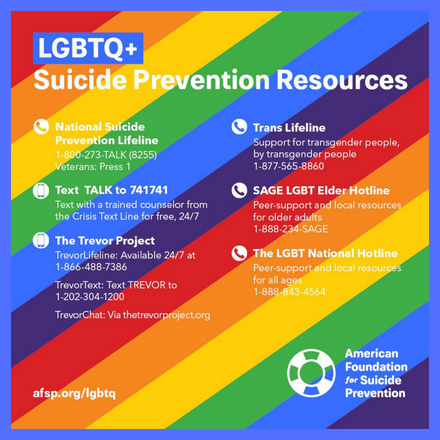
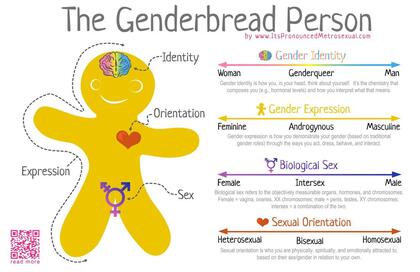
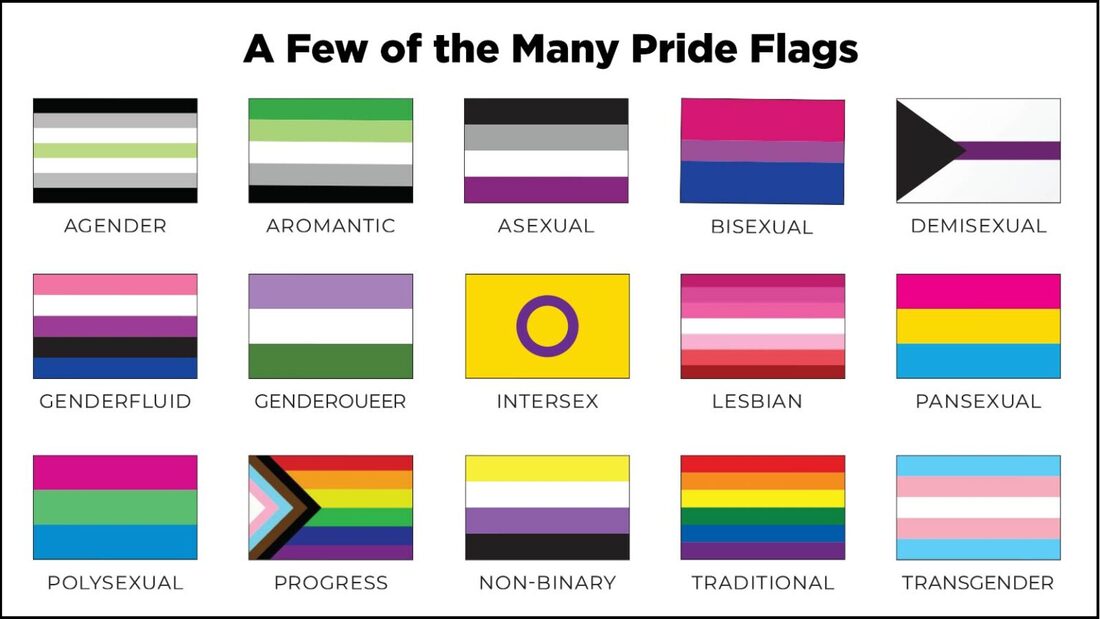
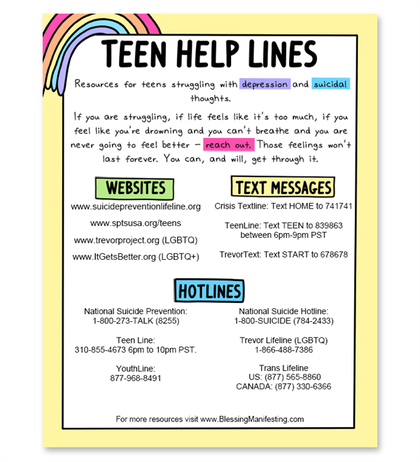
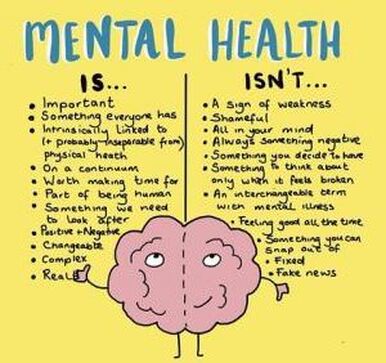
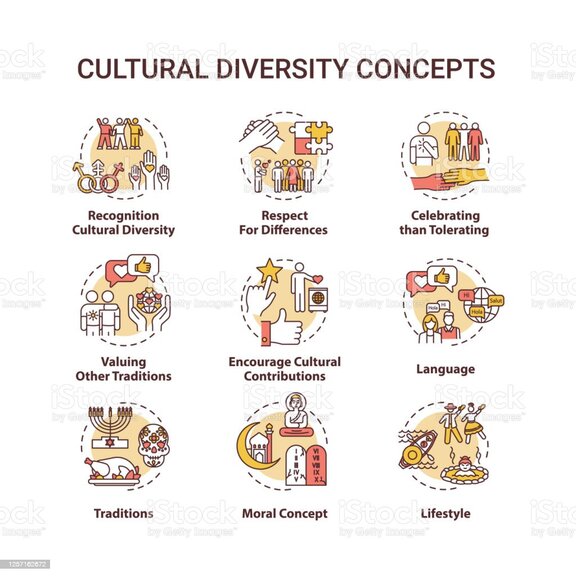
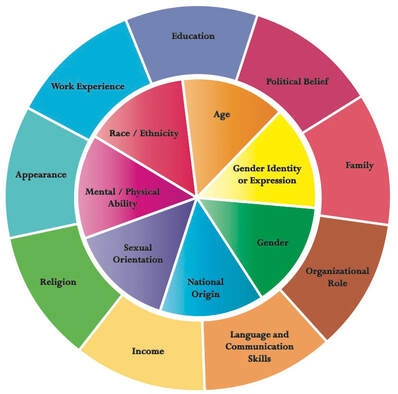
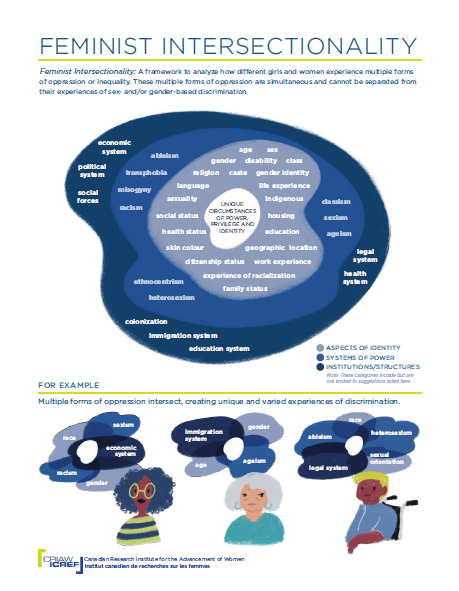
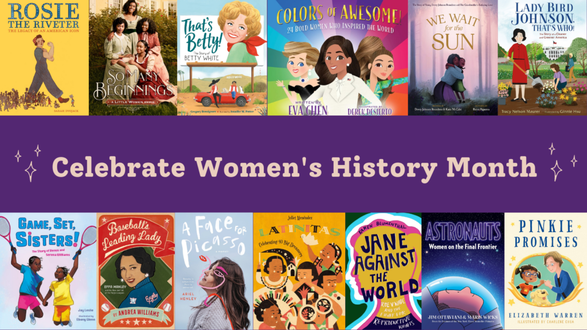
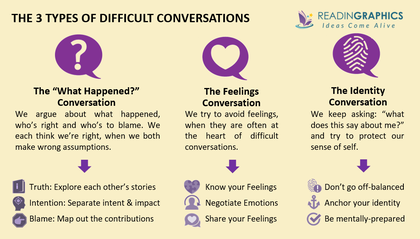
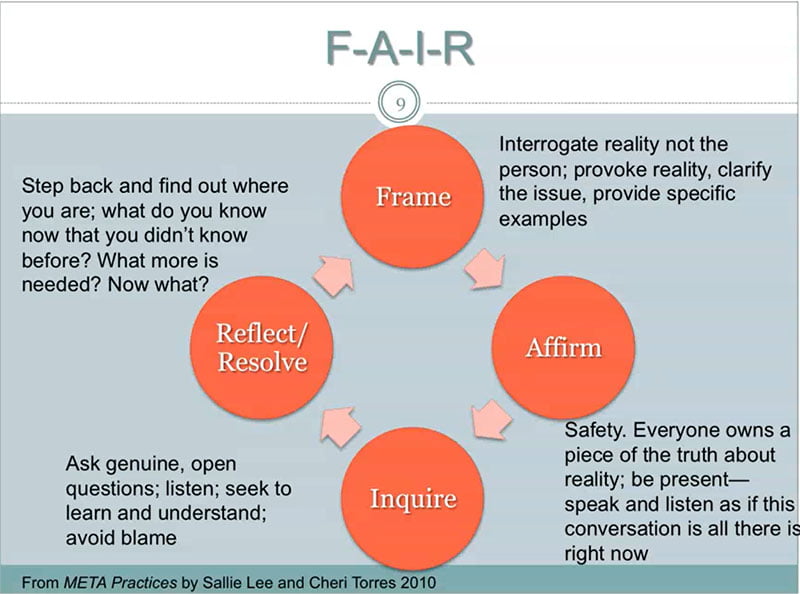
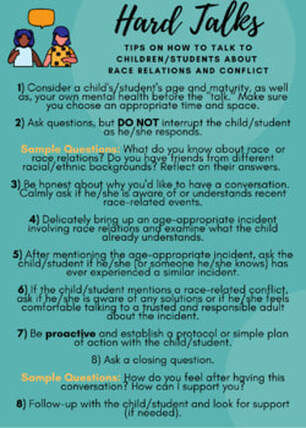
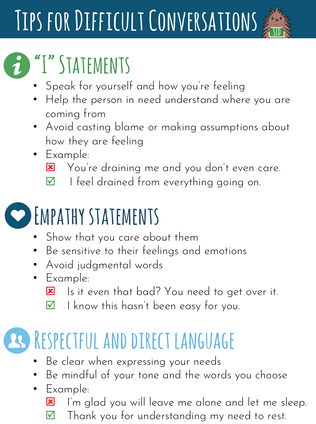
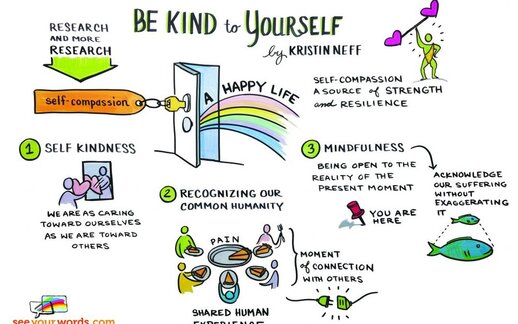
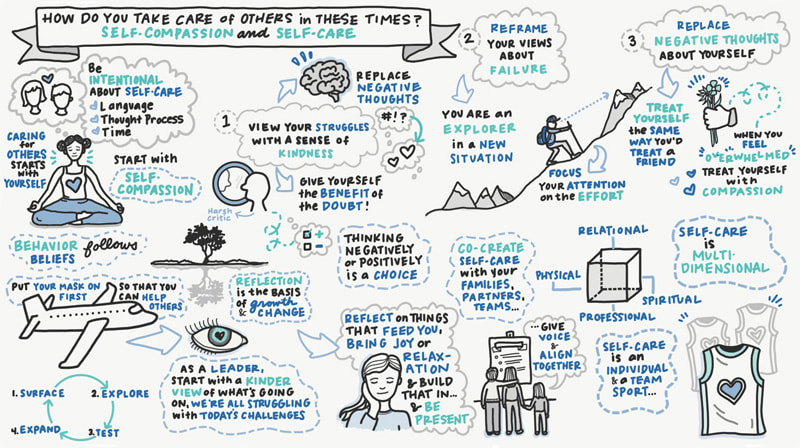
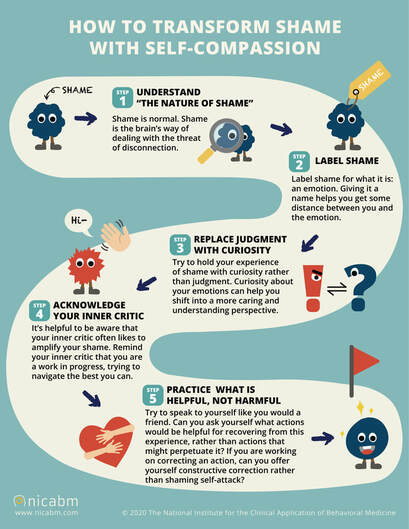
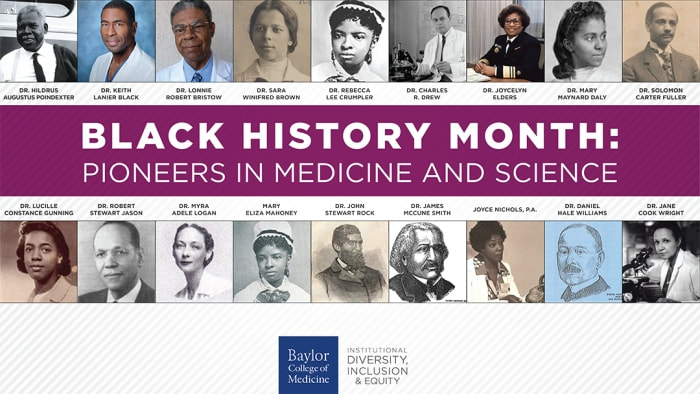
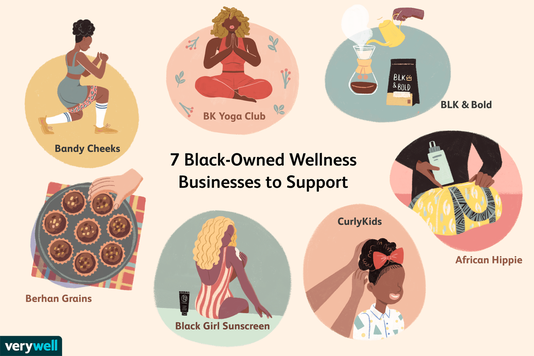
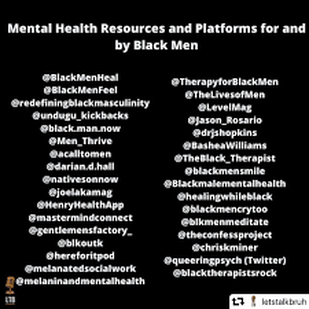
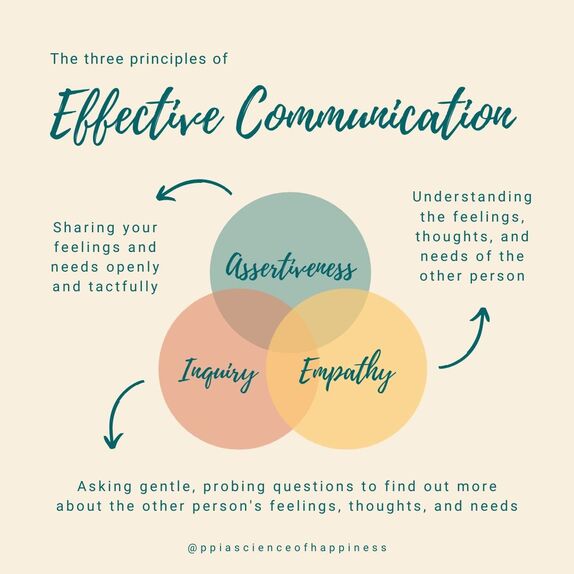
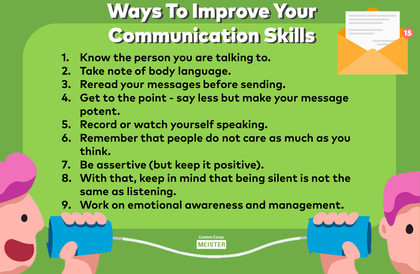
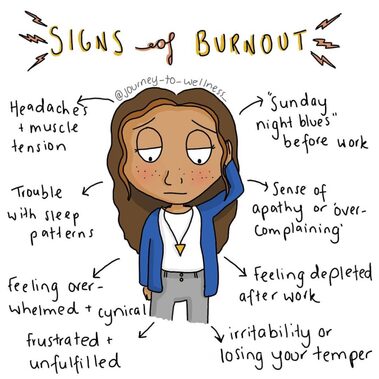
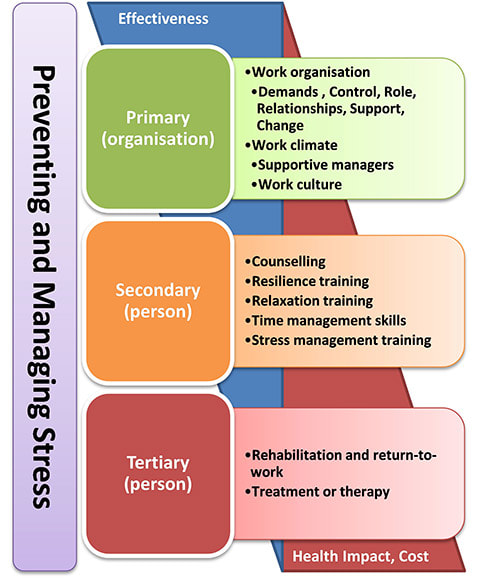
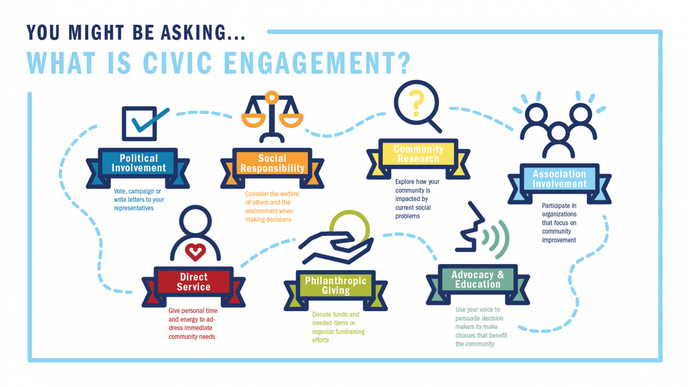
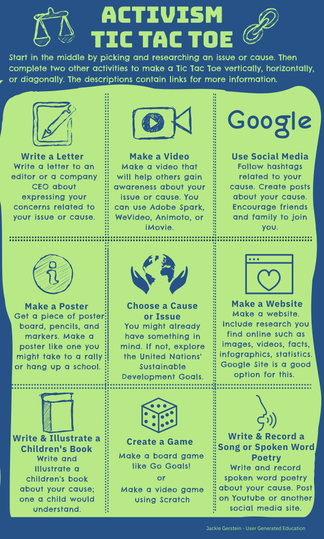
 RSS Feed
RSS Feed